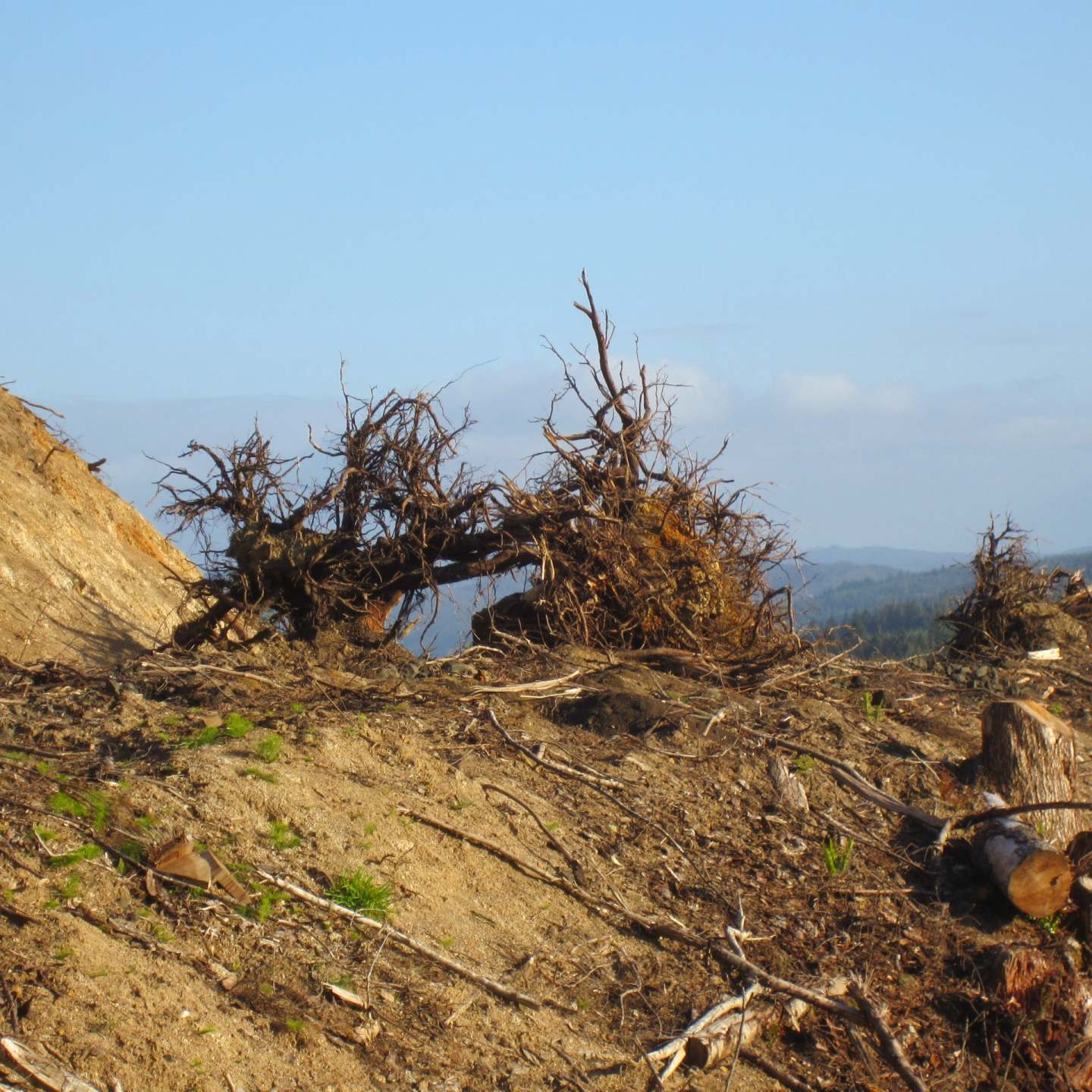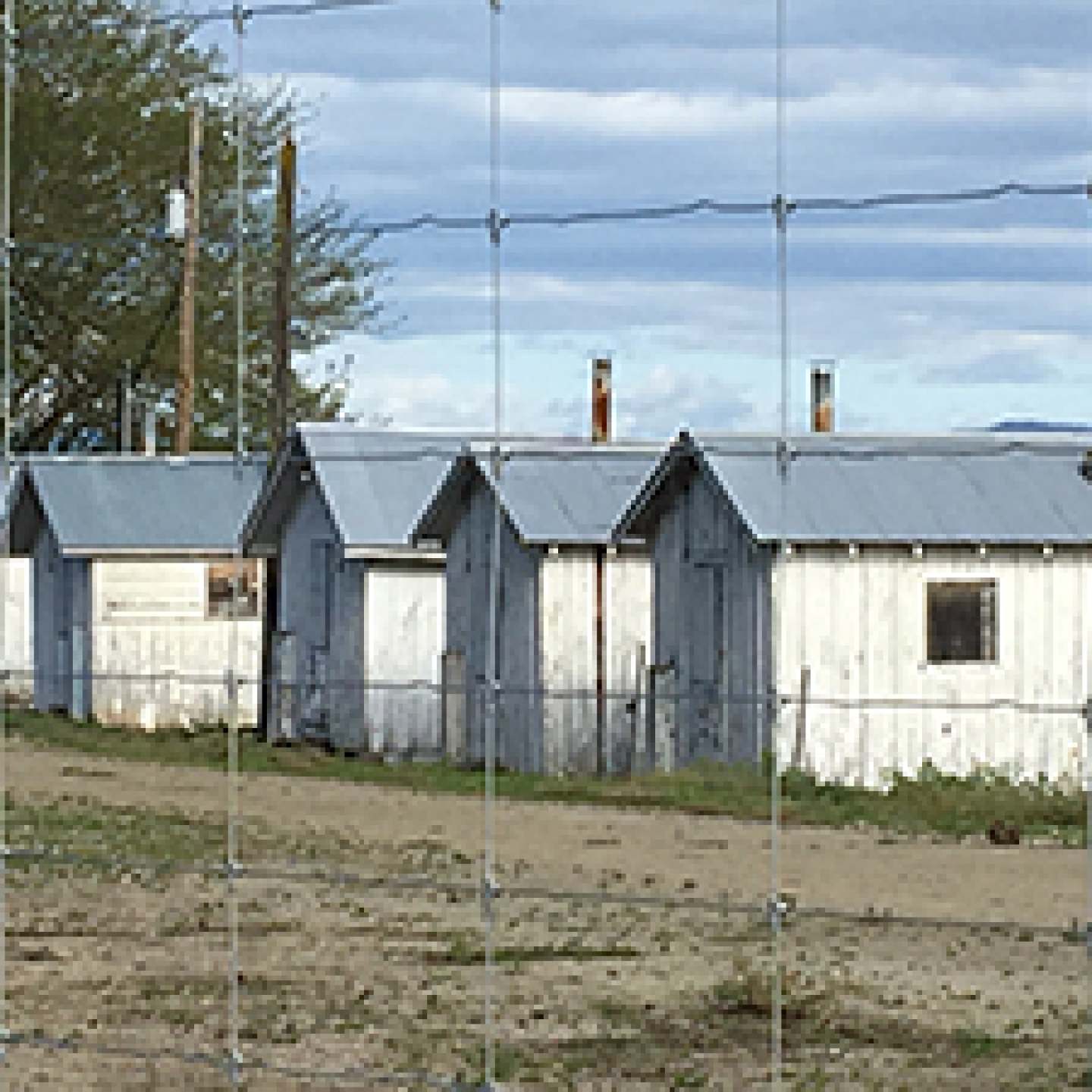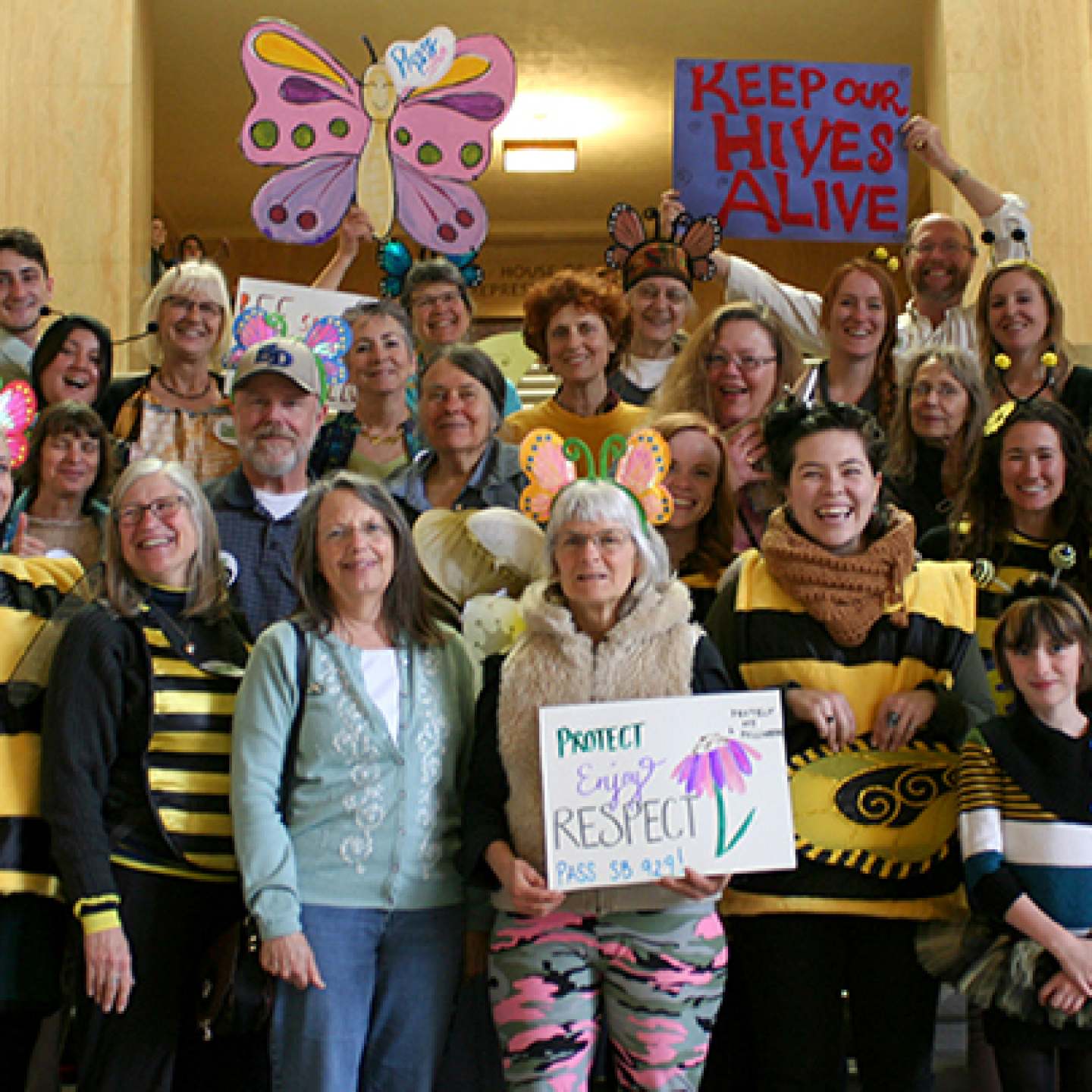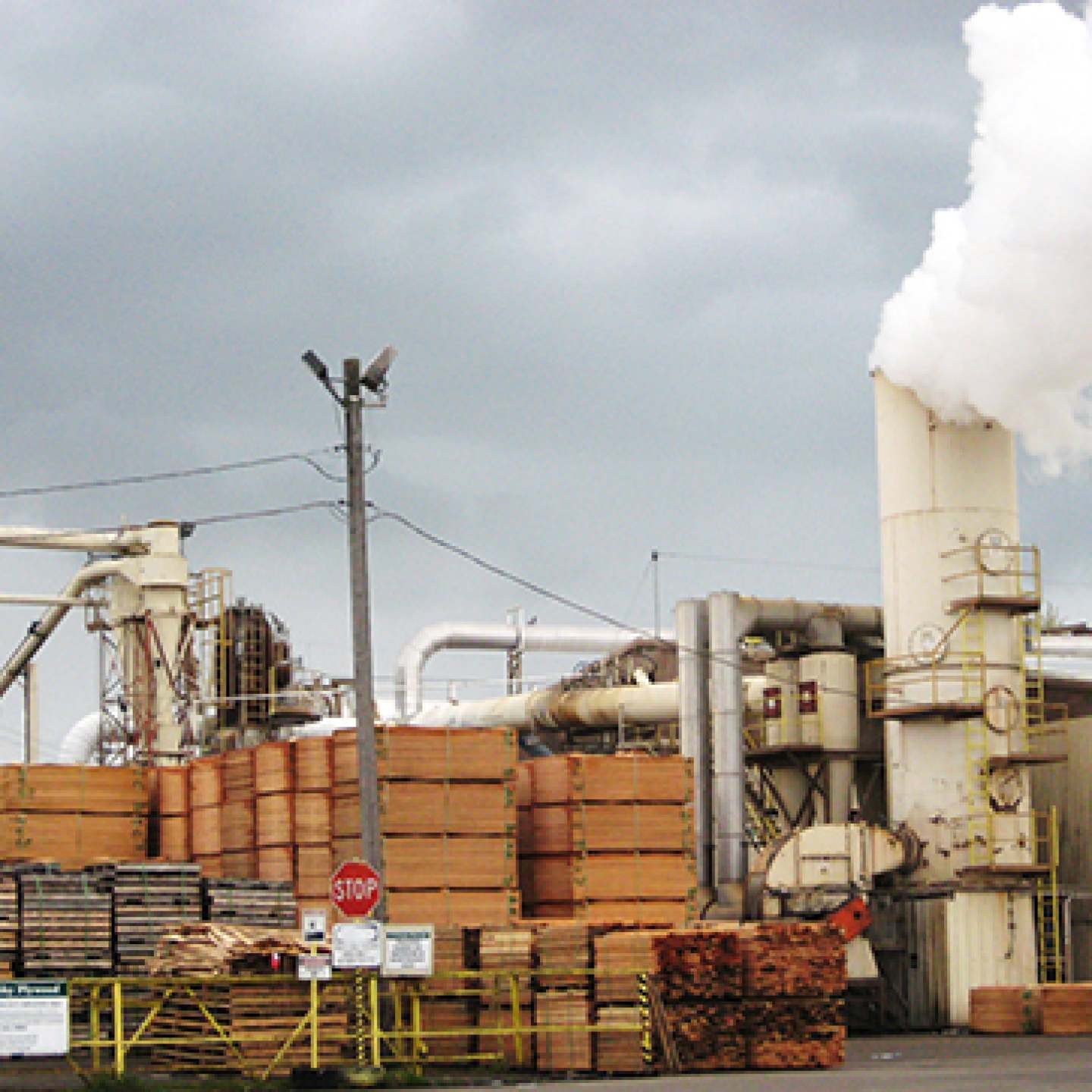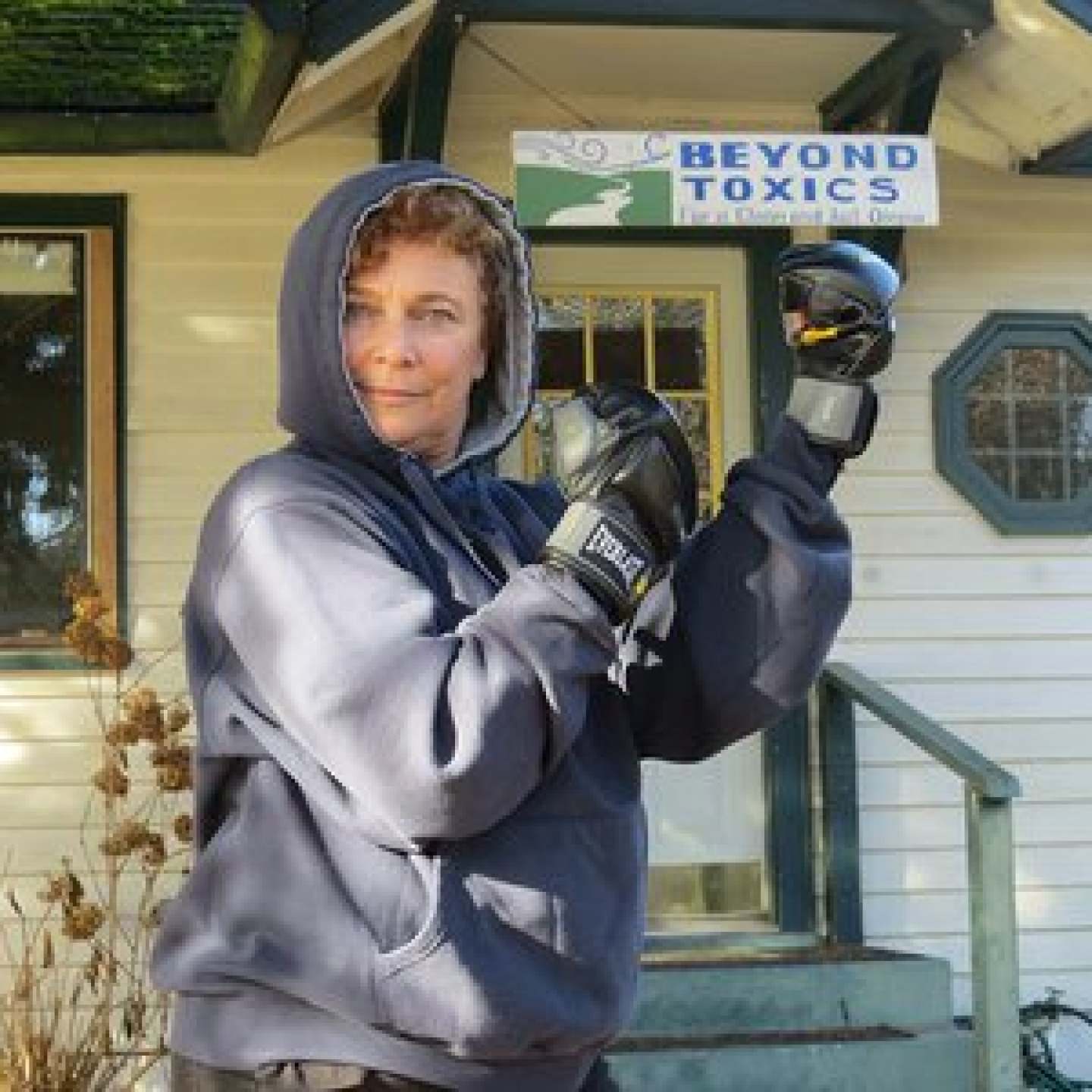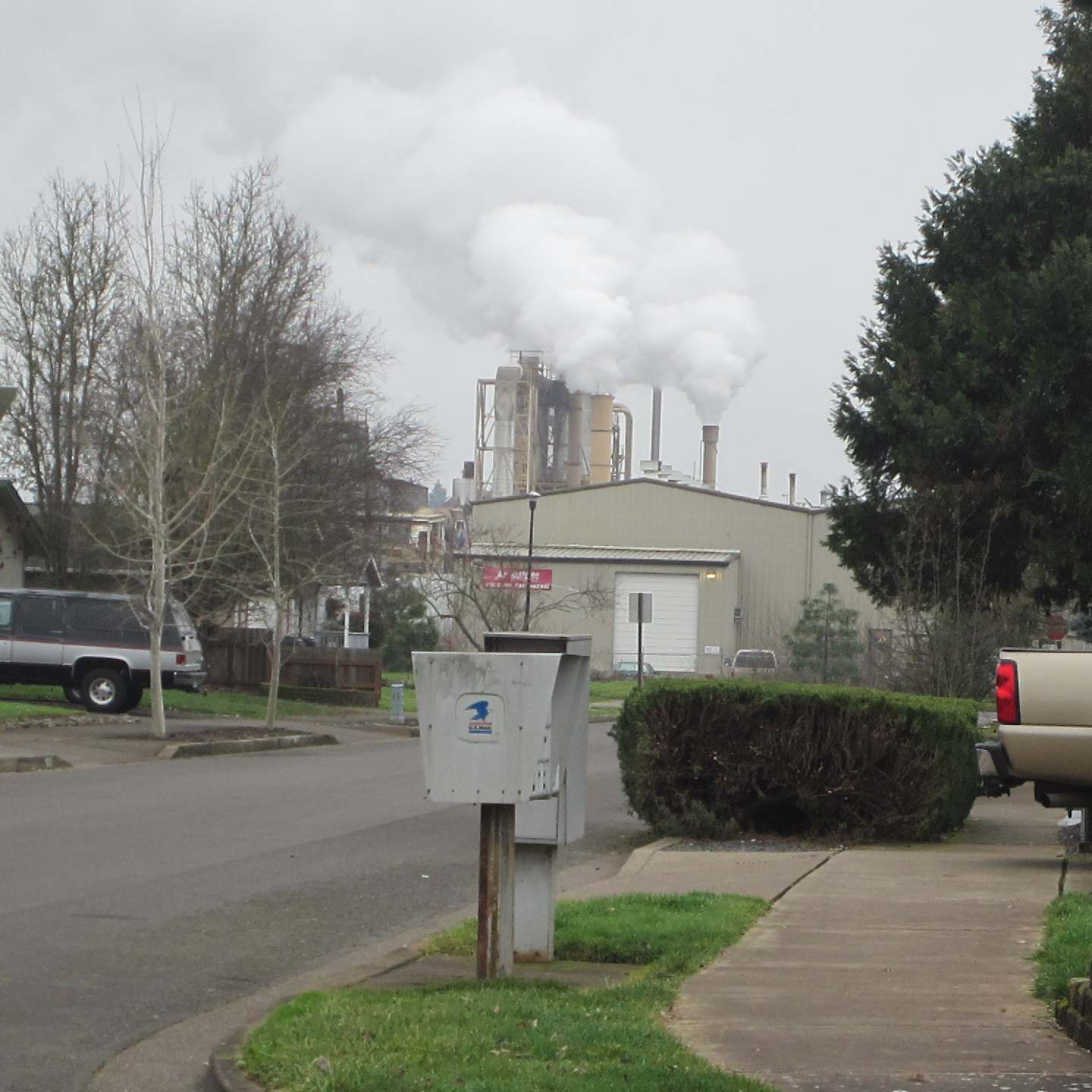Did you know our own Oregon (ODF) is clear-cutting and chemically poisoning public state forest lands, using the same extractive methods as multi-national timber corporations?
The latest herbicide sprays on our public forests took place this month along the Northwest Oregon Coast.
State Forest Agency Suppresses Its Own Aerial Spray Info
Farm Worker Rights in the Age of Trump
Oregon has over 300 registered farm worker housing camps and another 200 unregistered camps. Most of these camps are located within orchards and fields that are regularly sprayed with pesticides that are human carcinogens and neurotoxins. To protect farm workers, the federal law requires a minimum 100-ft. no-spray buffer around farm worker housing. You may be surprised and dismayed to learn that Oregon’s worker protection agency, the Occupational Health and Safety Administration (OSHA), wants to give Oregon farmers “a pass” on following the 100-ft pesticide buffer regulation.
Why You And I Are Thrilled to Protect Oregon’s People, Pollinators and Places – Again!
I’m writing this from the bedside of my childhood friend who grew up on the same street as I. Ten days ago she was fine. Today she is transitioning to her passing. Her breathing is ragged, her eyes are unfocused. Her doctors at Stanford University Medical Center told the family they have never seen such a rare and aggressive cancer. They can’t stop it, they can’t even slow it down.
Cancer. Linked to environmental pollution from toxic chemicals and poisonous pesticides.
Frontline Communities Need Air Data
All communities need their voices heard and their rightful place in the decisions to strengthen Oregon’s air quality laws. In order to be effective advocates for their own communities and their families’ health, impacted residents need accurate and complete data about toxic pollutants in the Air.
The following letter was submitted on Jan. 10 & 11 to legislators to let them know the will of communities and to ask them to commit to strong toxics reporting laws. Good air follows from accurate data, strong policy and regulations.
Strides to Improve Air Quality and Ban Asbestos
Healthy air should be a basic right, but all over the world, people face exposure to toxins that remain unregulated and dangerous. It’s important that the public becomes more educated about these toxins, both in the natural environment and those hidden in consumer products or construction materials within our own homes. With better awareness and education, we can reduce the health risks these toxins pose, and help change the laws that allow the presence of toxic chemicals.
Beyond Toxics Speaks Truth to Timber's Tall Tales
The Register Guard published a Nov. 30 guest viewpoint written by former Lane County Commissioner, Anna Morrison, who no longer lives in Oregon. Displaying her ignorance, she suggested that aerial pesticide sprays are nothing to worry about.
If Morrison had done her homework about aerial sprays, she could have started with Arizona, her new home state.
Regulating air for community health - a new concept in Oregon?
Governor Kate Brown initiated the Cleaner Air Oregon campaign after state agencies discovered that glass makers were the source of heavy metals – arsenic, cadmium, nickel and chromium – impacting nearby neighborhoods in Portland. Toxics heavy metals were found in the air and in the soil, including the soil of home gardens. Children were taken to doctors to have their blood tested for heavy metals known to cause cancer and neurological impairment. Residents were warned against eating their own homegrown vegetables! Indeed, Oregon has an air quality crisis due to a long history of lax regulations and negligible enforcement.
Crow Feather Farm
Beyond Toxics is publicizing local gardens friendly to our increasingly fragile population of pollinators. In this blog we visit Jessica Jackowski’s garden in Eugene.
Along a path at Crow Feather Farm, borage blossoms unfurl in spirals. A honeybee dances among them, then attaches herself upside down to a nectar-rich mini-grotto, proboscis sucking up sweetness. A few spirals over, a plump velvety bumblebee alights, and a hummingbird waits on a post nearby.
Oregon needs local toxics-reporting laws
It's important to know when you're being poisoned by industrial toxic discharges, whether to air, water or land. Some would even say you have a right to know. But how much you can know depends on good laws. Gaps and loopholes in federal and state regulations have allowed stained-glass manufacturing companies to pollute Portland residential neighborhoods with heavy metals without anyone knowing that extremely hazardous air pollutants were going into the air.
Timber's fallen: Efforts show promise for working conditions in Oregon forestry
This is Part III of a three-part series on the working conditions and treatment of Oregon's immigrant forestry workers.
